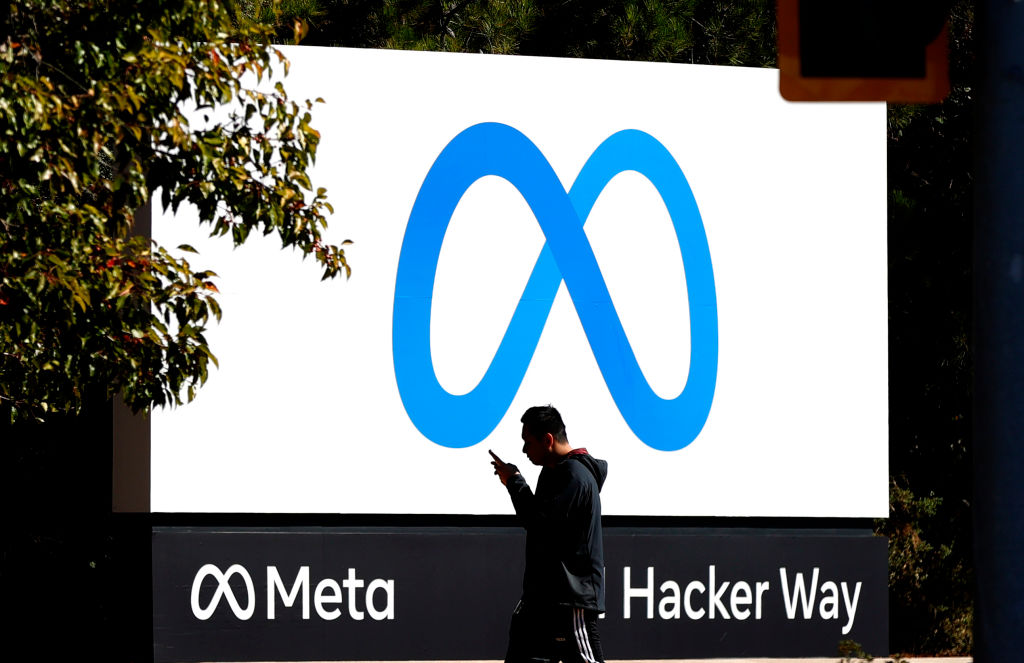Seven tracking companies have been forbidden from targeting users on Meta’s platforms, according to the company that controls Facebook. According to a new study from Meta, around 50,000 users will receive warnings regarding the malicious activity. It accused surveillance businesses of creating false accounts, befriending people, and harvesting data through hacking tactics.
According to the corporation, the companies were accused of targeting individuals such as journalists and human rights campaigners. Meta suspended 1,500 pages across Facebook, Instagram, and WhatsApp after a months-long investigation.
According to Meta, the companies targeted consumers in over 100 countries on behalf of their clients. Following earlier this year’s revelations regarding the Pegasus spyware, which targeted tens of thousands of people, Thursday’s expose puts the espionage industry under much closer scrutiny.
Facebook has already filed a lawsuit against Pegasus’s owners, NSO Group, for allegedly spreading malware using WhatsApp. Last month, the US government placed the company and others on a no-fly list, accusing them of supplying spyware to foreign agencies in order to maliciously target individuals.
The new research, according to Nathaniel Gleicher, head of security policy at Meta, is far bigger than just one organisation, and it’s a lot bigger than just malware-for-hire.
Investigators discovered indiscriminate targeting of regular citizens as well as high-profile personalities such as lawmakers and human rights defenders, he said.
The Israeli firm Black Cube, which sprang to notoriety after it was revealed that Harvey Weinstein had recruited them to spy on women accusing him of sexual assault, was one of the companies listed by Meta.
In a response to Reuters, Black Cube denied phishing and hacking, claiming that all of its agents’ activities were fully compliant with local regulations.
Those that were affected by the activity, according to Meta officials, would receive automatic notifications that they had been impacted without offering specifics.











More Stories
Faisal Islam: Can the US Tech Bromance Revive the UK Economy?
AI Boom Powers Nvidia’s Growth Despite Rising US-China Tensions
SpaceX Achieves Successful Starship Launch in Dramatic Comeback